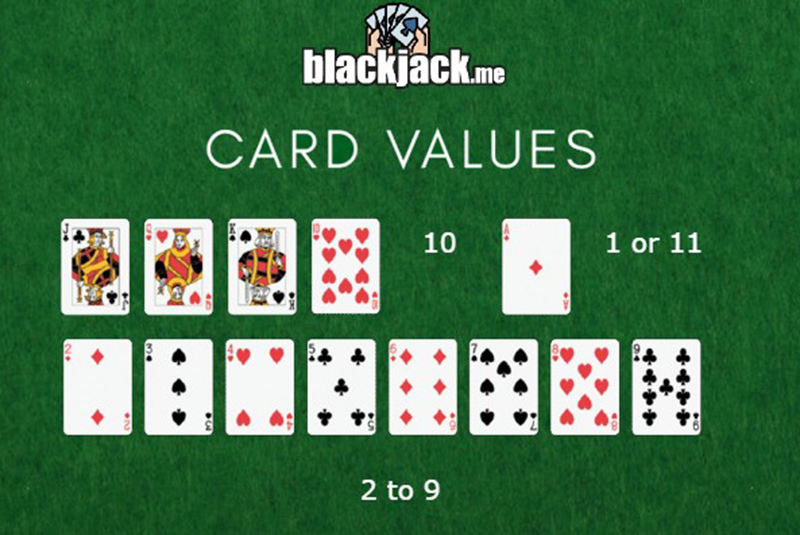There are many ways to play Blackjack. For example, you can split your aces and get a pair of natural blackjacks, beating the dealer’s hand. You can also split after drawing additional cards. This rule is called Split Any Time, and it allows you to split any time after two cards of the same value touch. In this article, we will talk about Blackjack card game rules
Split
Splitting is one of the many ways to win at blackjack. Players may opt to double or triple their bets when they have pairs of eights or better. However, some Blackjack card game rules limit the number of splits a player may make.
Stand
There are many important rules that govern the Blackjack card game, including when to hit and when to stand. When you have been dealt a pair of cards, you can either hit or stand to make your total higher. When you hit, your hand is compared to the dealer’s, and if you have more cards than the dealer, you win! If you tie with the dealer, you lose your bet.
Insurance bets
Insurance bets in blackjack are an option that you can place when you feel that you’re close to hitting a certain combination but don’t have the perfect hand. The even-money payout may help you hit your goal, but it’s important to keep in mind that insurance bets are not the best bets in every situation. Instead, stick to your basic strategy when placing these bets.
Soft hands
When a player has an ace and two cards, they are said to have soft hands in blackjack. It is not recommended to stand when these hands are dealt, however. The general consensus is to hit. The general rule is that a player must have at least 17 to beat the dealer, but sometimes the soft hand is a great opportunity to hit.
Split tens
While splitting tens in blackjack isn’t a good idea, it is sometimes advantageous when the player has an excess of Tens and Aces. Expert players rarely split tens because of the increased ‘variation’ and risk of losing doubled bets.
Surrender
If you are dealing with a dealer who has a high card, you should always consider surrendering your hand to avoid a possible bust. This is true even if your hand contains an ace or a ten. However, if your hand contains a fourteen, sixteen, or seventeen, you should not surrender.



